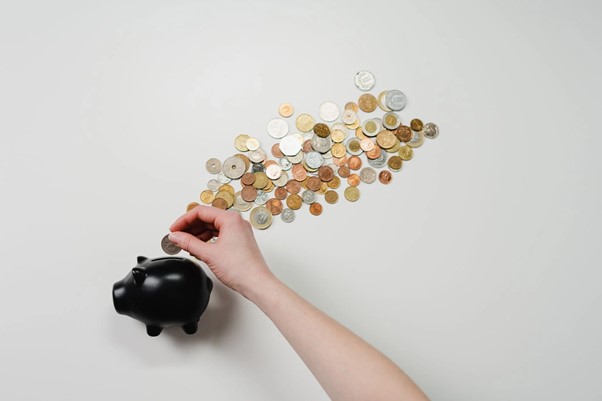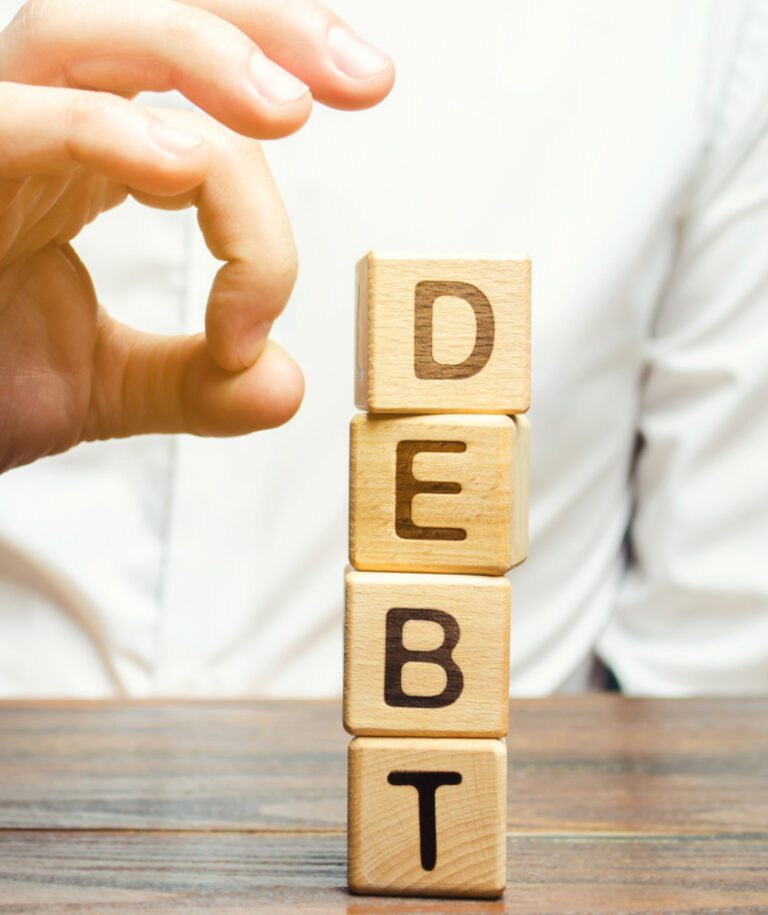In the event that you file for an Individual Voluntary Arrangement, what are your chances of success? Is it possible to turn it down? And what happens if your application is turned down?
Can IVA Be Refused?
Yes, this is a possibility, however, as any application for an IVA must be submitted through an Insolvency Practitioner (“IP”), the IP will advise you of the chances of success. IPs are qualified and experienced professionals who work with you to negotiate with your creditors. They are aware of the prerequisites for a successful IVA, as well as the likelihood that creditors will agree to the arrangement. If the IP does not believe there is a reasonable prospect the IVA will be approved, they will signpost alternative solutions for dealing with your debts.
You will not be able to submit an IVA proposal to your creditors unless you first speak with an IP.
We're Here to Help YOU
Speak with Our Team of Debt Consultants.
Do you have questions or would you like more advice?
You can book an appointment with our team of debt consultants in minutes.
Just click the button to book your appointment today.
May not be suitable in all circumstances.Fees apply. Your credit rating may be affected.
Why Are IVAs Rejected?
Your IP will work with you to prepare a proposal to your creditors, which will be based on an affordable payment that you make for the agreed period, usually 60 months. This proposal will then be sent to your creditors who will determine whether or not to accept your offer of settlement.
In most cases, if you are declared bankrupt, creditors are unlikely to get much (if anything) in repayment and this works in your favour. If they accept the IVA, they are more likely to recover more money in respect of the outstanding debt. The main reason is that the costs of the IVA will usually be a lot lower than bankruptcy.
Some of the creditors have their own individual requirements for accepting an IVA. Although the proposed IVA may offer a better return, a creditor may have a predetermined dividend expectation, which will lead to them rejecting the IVA if it is not met. Although the Standard Consumer IVA Protocol (“The Protocol”), introduced in 2008, meant that British Banking Association (“BBA”) creditors that signed upto the Protocol could no longer request unreasonable dividends, not all creditors are members of the BBA. Even if the dividend is acceptable to creditors, some creditors may reject your proposals due your specific circumstances, although if they are a member of the BBA, they are required to disclose the reason for rejecting the proposal.
This is where the Insolvency Practitioner (IP) plays a key role. After working with a large number of creditors, over a number of years, they have a good understanding of what your creditors are most likely to accept.
Is It Necessary For All Creditors To Agree To An IVA?
No. It will be approved if more than 75% of the creditors agree (that is, creditors who account for 75% of the debt’s value, rather than creditors who account for three-quarters of the total number of lenders), at the decision procedure convened to approve the proposals. Provided 75% of the creditors vote to accept the proposals, all of the other creditors who rejected the proposal, and those that did not vote, will be included in the IVA. Also, if you have forgotten a particular creditor, provided there was an outstanding debt at the time the IVA was approval, these will still be bound, once a copy of the IVA paperwork has been sent to them.
At the decision procedure, the creditors that vote to approve the proposal may request modifications to the terms. Before the IVA is approved, you will need to confirm that you accept their proposed modifications. In the event you do not accept them, the IP may be able to negotiate with the creditor to request the removal of the modification, however, in some cases, creditors have standard modifications that they will require in specific circumstances. If you do not agree to modifications, and creditors do not agree to remove them, then the IVA will not be approved.
What If I’m Unable To Make IVA Payments?
Your creditors will want to know that you are able to make the proposed monthly payment toward your debt obligations. The repayments will be significantly lower than the cost of servicing all of your individual debts on the basis of the contractual payments– usually up to 60 percent less – but you must be able to keep up with the proposed payment plan in order for the IVA to succeed.
Your IP is unlikely to agree to propose the IVA unless you can demonstrate that you are able to make the payments to your creditors. The IP will therefore work with you to prepare a reasonable and sustainable income and expenditure statement, which will be based on your current income, your fixed expenses and then reasonable expenses based on industry standard guidelines. The IP will require you to provide proof of income, such as wage slips and bank statements to support your income and expenditure statement.
Once the proposal has been sent to your creditors, if you have a change in circumstances, for example loss of employment, then you must notify the IP immediately. The IP will need to consider whether the change in circumstances will impact your ability to make the payments in the IVA. If the proposed payment is no longer sustainable, then it is likely the proposals will be withdrawn at the decision procedure.
My IVA Application Was Refused. Can I Reapply Again?
While it is possible, an IP will need to consider the reasons why the previous proposal was rejected and you will need to demonstrate one of the following:
-
The original application contained errors that were corrected.
-
Your circumstances have changed since the previous proposal; and
-
Other conditions have changed, and as a result, the creditor will no longer reject the IVA.
We're Here to Help YOU
Speak with Our Team of Debt Consultants.
Do you have questions or would you like more advice?
You can book an appointment with our team of debt consultants in minutes.
Just click the button to book your appointment today.


